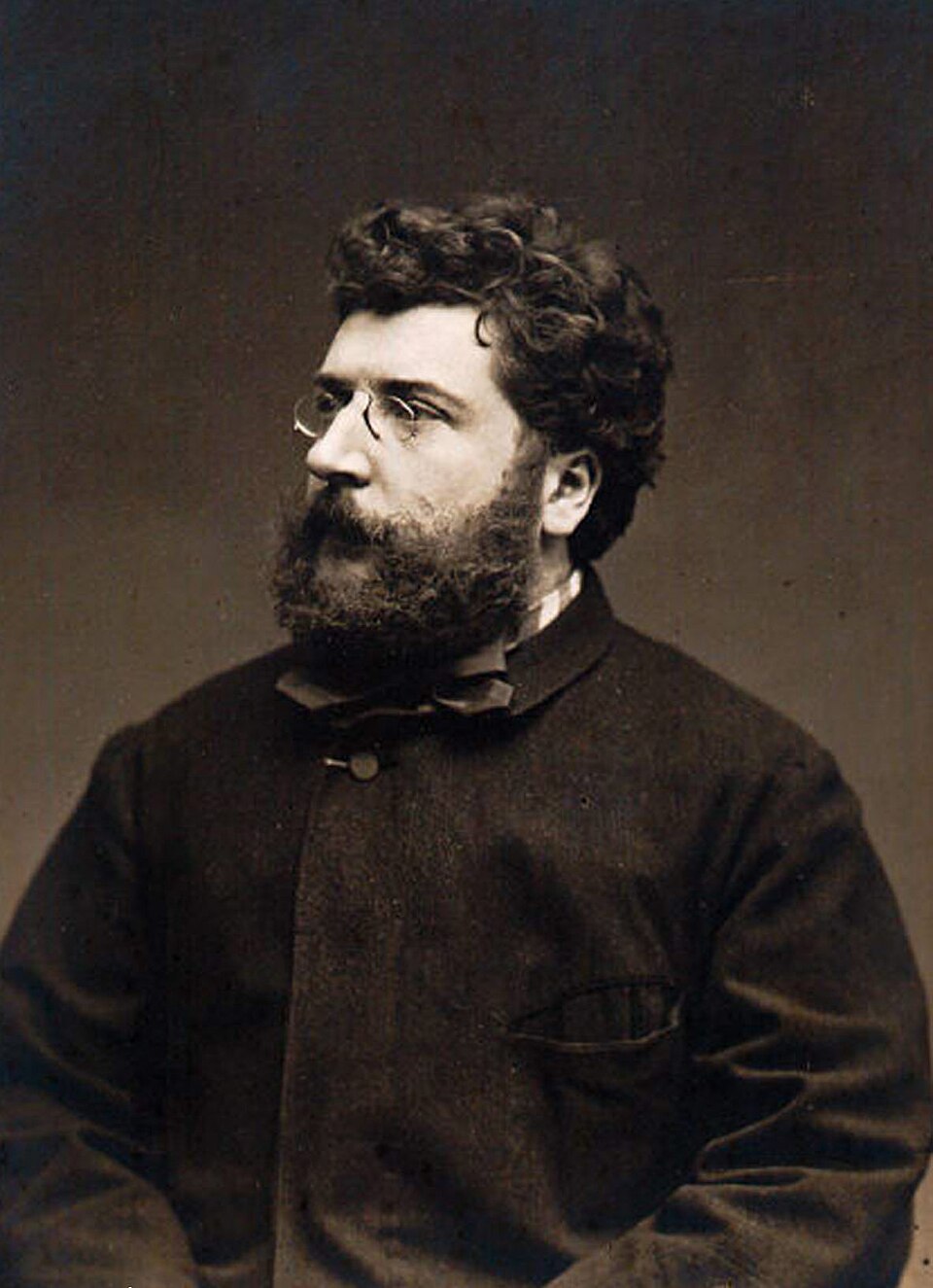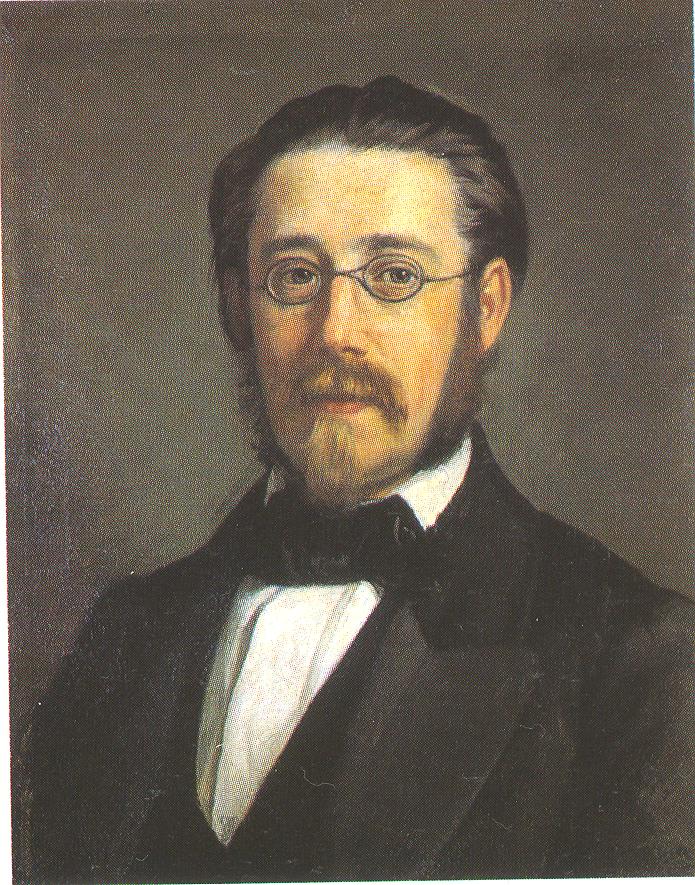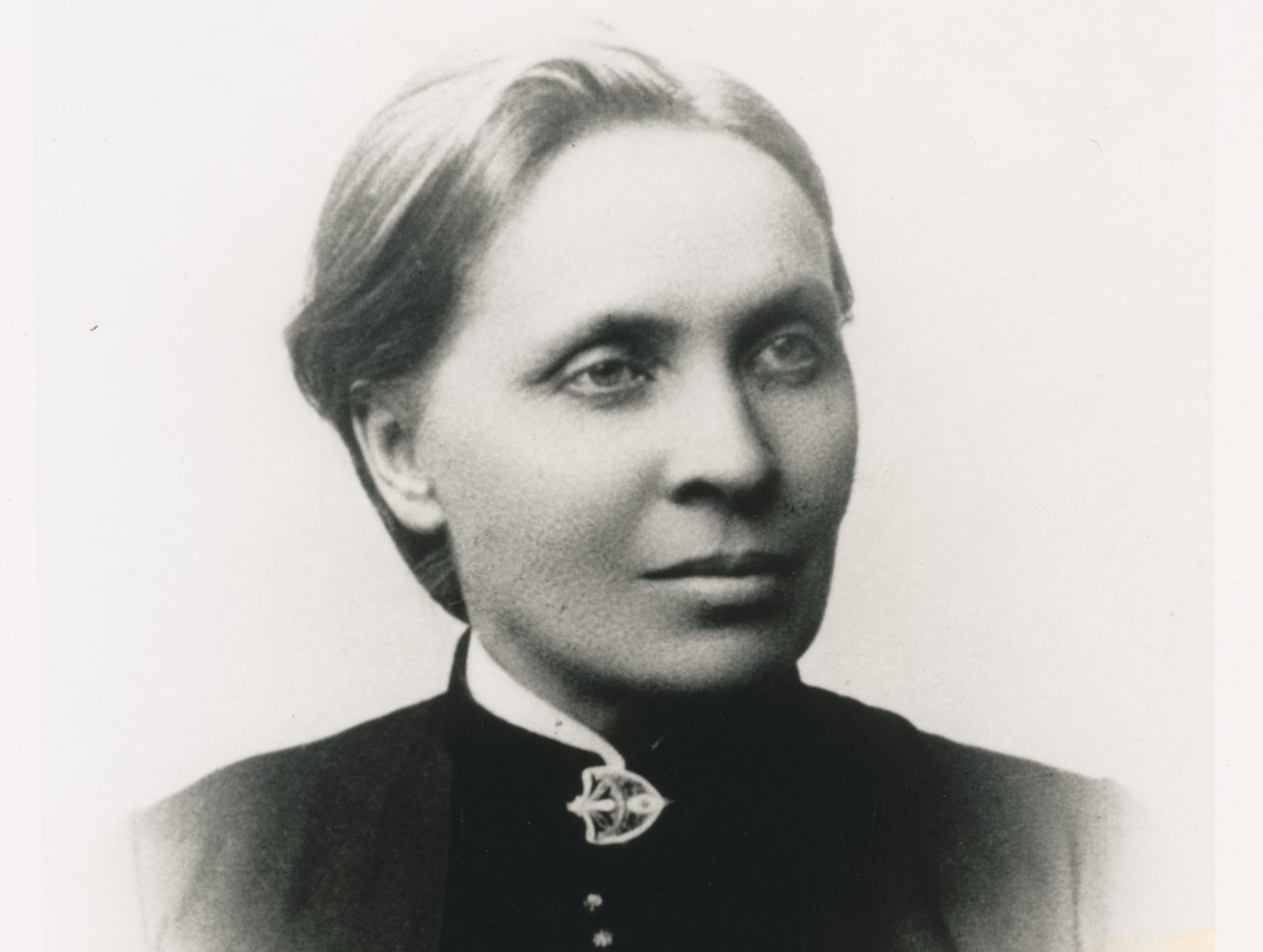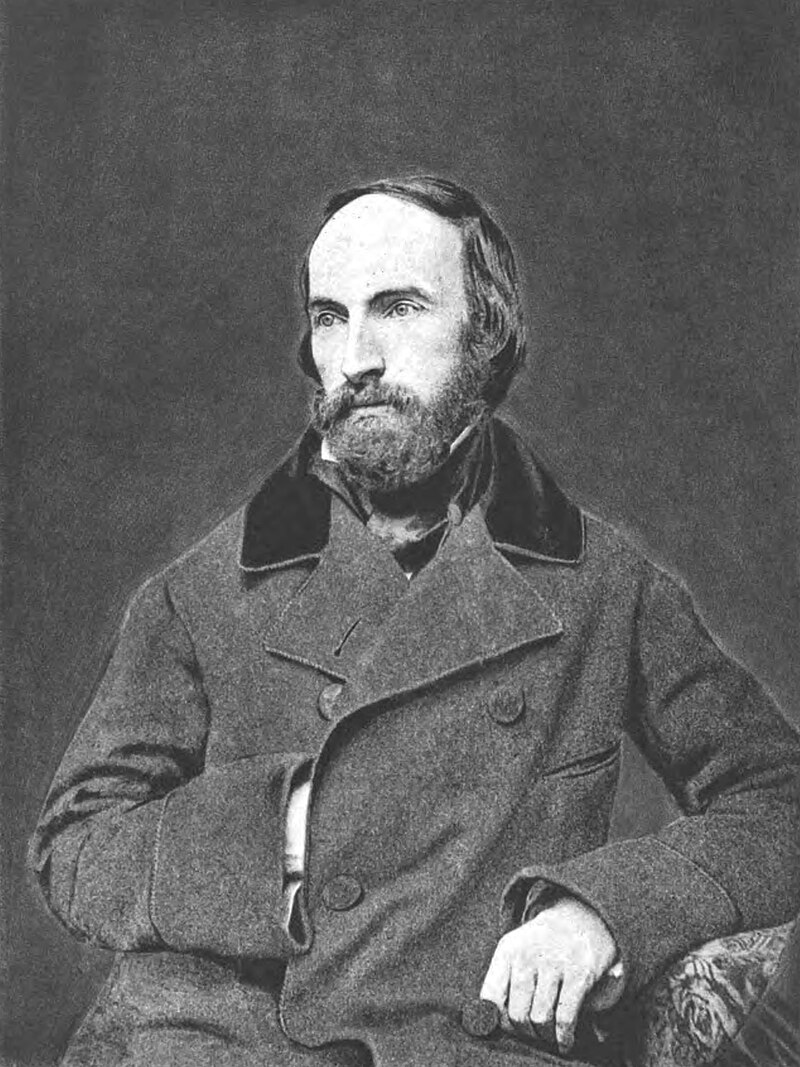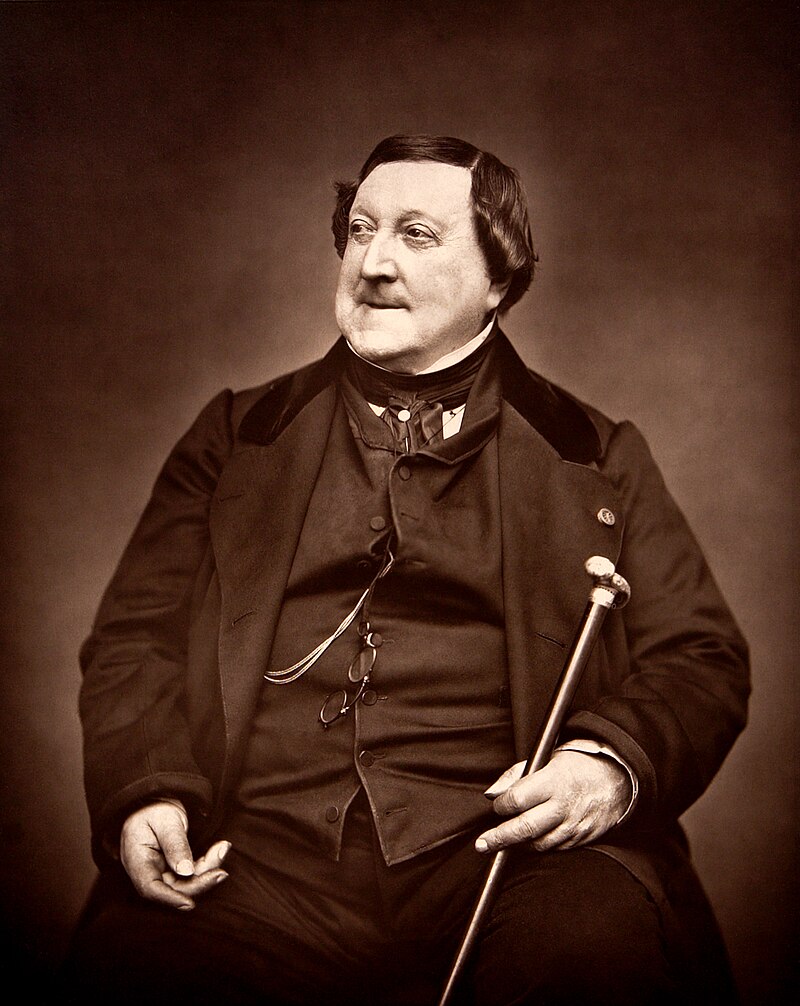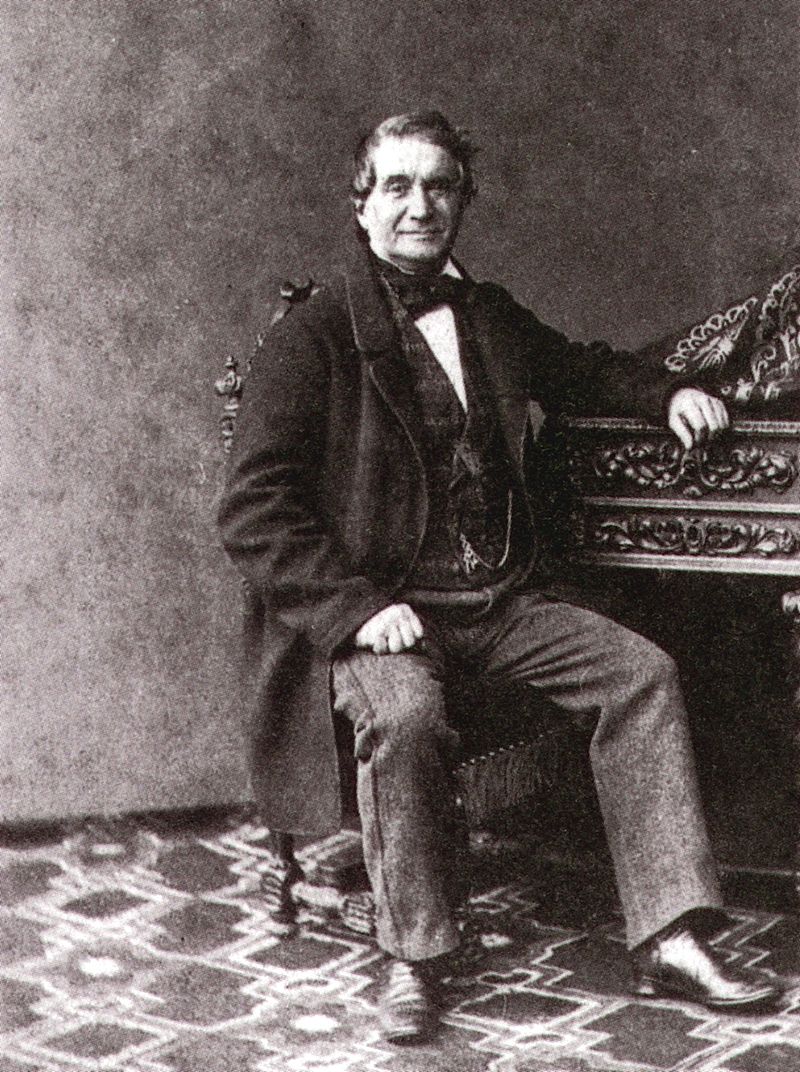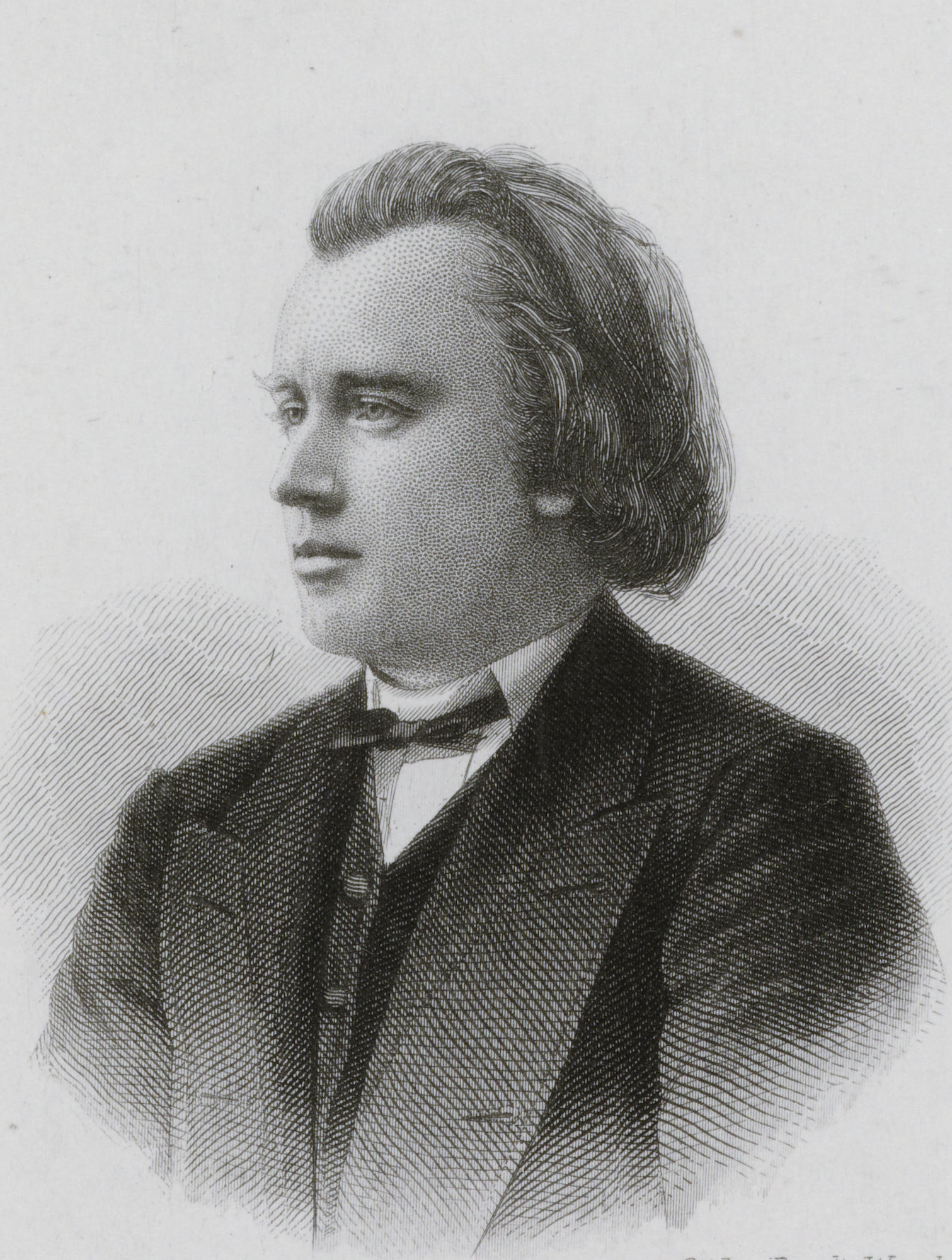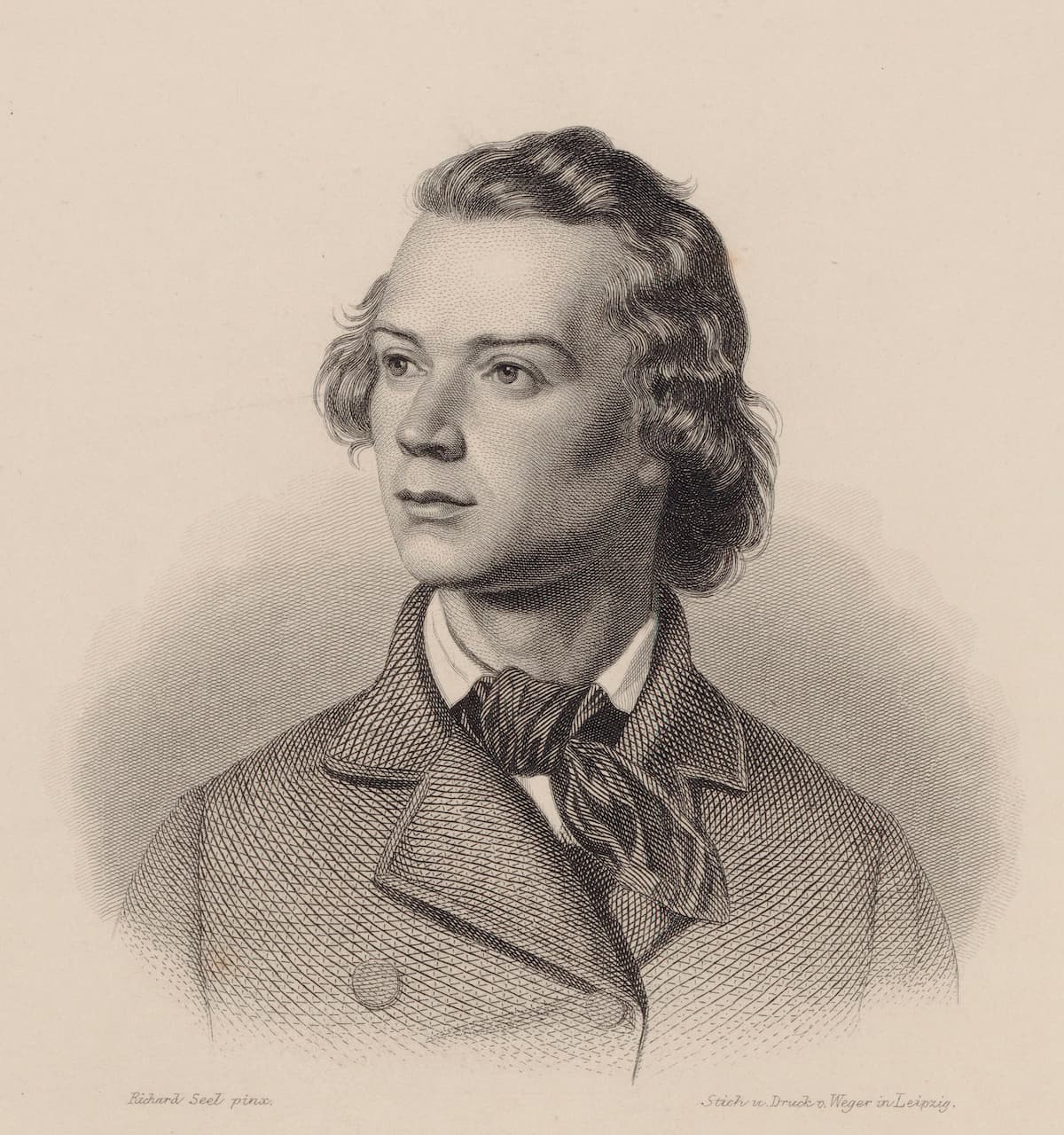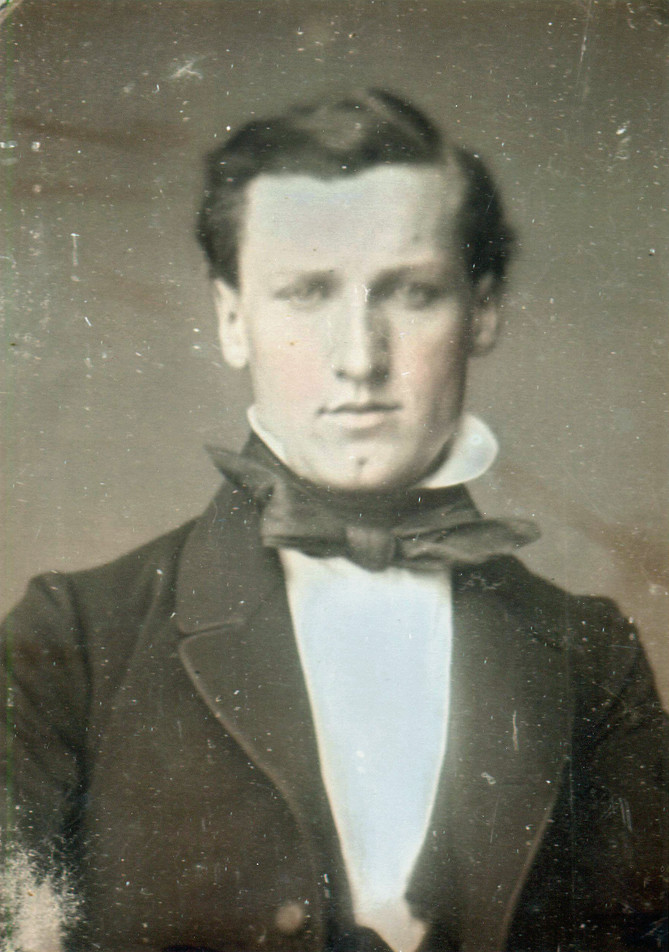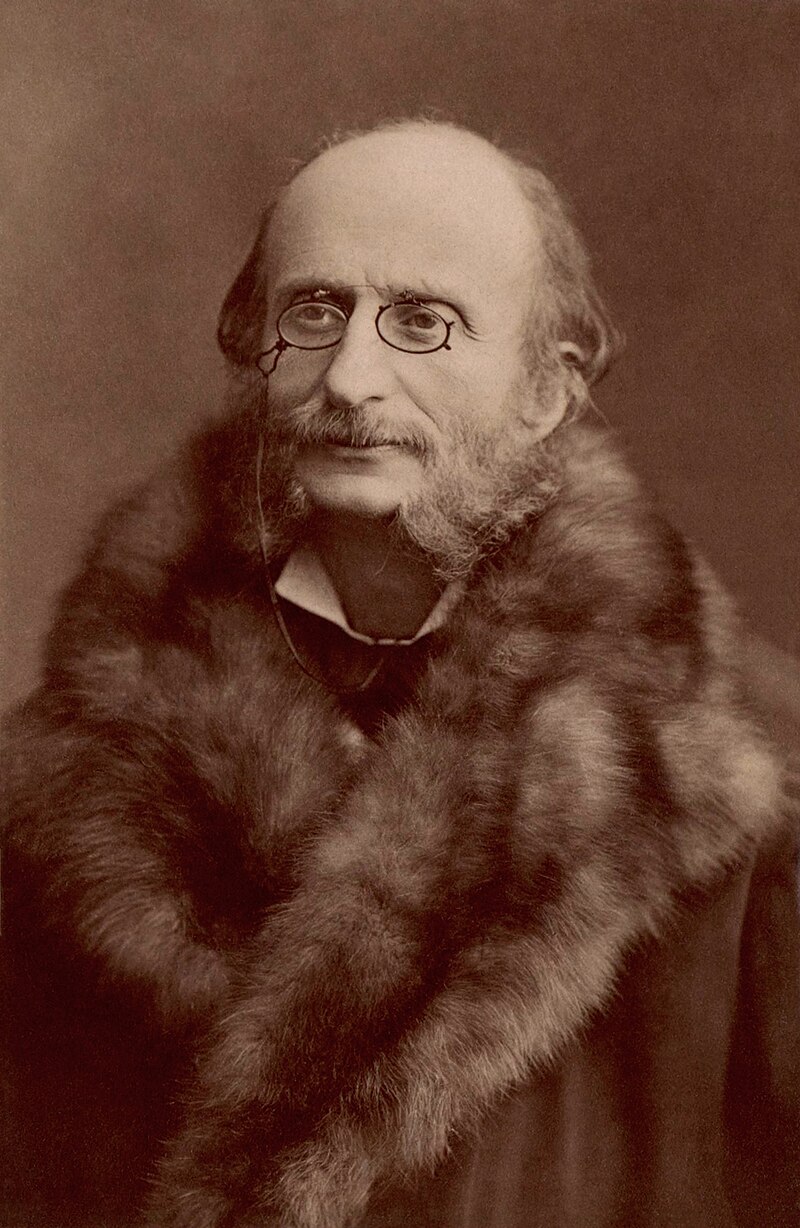1867: Georges’ Valentine
He was a man who might have made a career writing light operetta. He could play the piano as well as Franz Liszt. He wrote a remarkably accomplished symphony aged just 17. But Georges Bizet could also be strangely diffident about his talent and conceal it like a guilty vice …
